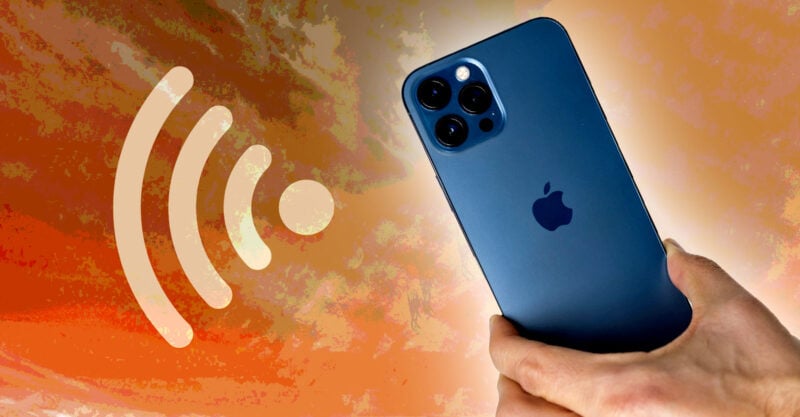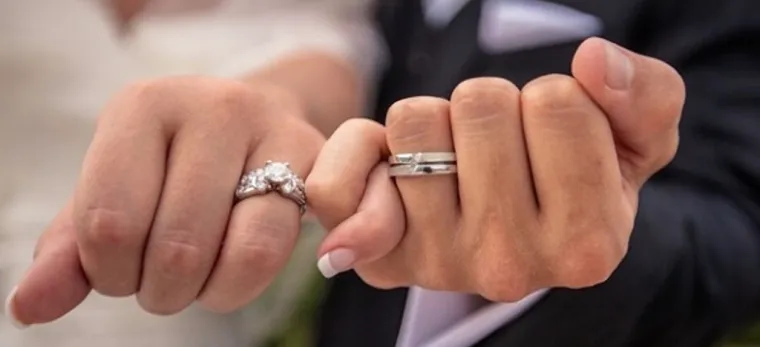Apple is asking the U.S. Supreme Court not to intervene in a lawsuit that will determine whether the Federal Communication Commission's (FCC) cellphone radiation guidelines take precedence over state health and safety laws. The plaintiffs in the case, Andrew Cohen et al. v. Apple Inc., claim that the iPhone emits radiofrequency (RF) radiation that exceeds the federal exposure limit and that Apple has violated state health and safety laws by not warning consumers of the potential risks of holding the device close to their bodies.
However, on August 26, 2022, the U.S. Court of Appeals for the 9th Circuit ruled that the plaintiffs' claims were invalid because the FCC's federal guidance "impliedly preempted" state health and safety laws. The plaintiffs responded with a certiorari petition on January 23, 2023, asking the Supreme Court to hear the case.
The plaintiffs argue that the 9th Circuit made several inferences in its decision, and they believe the Supreme Court has the opportunity to "set things right" by clarifying that unelected federal bureaucrats cannot override state health and safety laws. Children's Health Defense (CHD) has filed an amicus brief in support of the plaintiff's petition.
Apple's lawyers responded on April 14 by filing a brief opposing the plaintiffs' petition, asserting that the FCC rules preempt state health and safety laws. In its brief, Apple made multiple references to CHD's filing, leading CHD's lead litigator to suggest that CHD had a significant impact and hurt Apple's argument.
The plaintiffs have the right to reply to Apple's brief of opposition. The case will then head to the Supreme Court, with a decision expected in May or early June, according to one of the case's lead litigators.
CHD's amicus brief highlighted its historic victory against the FCC in 2021, in which the U.S. Court of Appeals for the District of Columbia Circuit ruled that the FCC failed to consider the non-cancer evidence of adverse health effects related to wireless technology when the agency in 2019 determined that its 1996 health and safety guidelines regarding wireless-based technologies adequately protected public health.
Apple's main argument was that the FCC's 2019 decision represents a careful balancing of benefits and burdens, but CHD's brief showed that the FCC "failed to provide a reasoned explanation for its determination that its guidelines adequately protect against the harmful effects of exposure to radiofrequency radiation unrelated to cancer" and have "inadequately justified its refusal to modify its testing procedures for devices like Apple's iPhone."
In response, Apple admitted that the FCC "has not been consistent" when legally pressed to clarify whether the agency had actually ruled its guidelines preempt state and local law. According to McCollough, the FCC has "expressly refused" to preempt state law over consumer devices on several occasions when members of the telecommunications industry asked the FCC to step in and eliminate people's rights.
It’s a ‘dead zone when it comes to regulating cellphone safety
There is “no serious government oversight over the potential safety effects of these phones,” according to Wessler.
Free Speech and Alternative Media are under attack by the Deep State. Chris Wick News needs your support to survive.
Please Contribute via GoGetFunding


